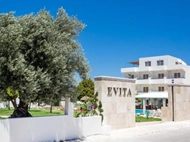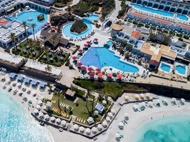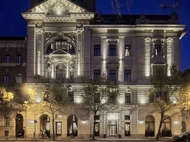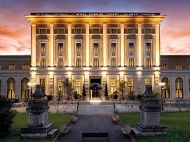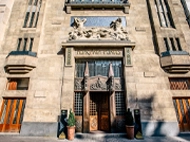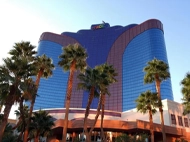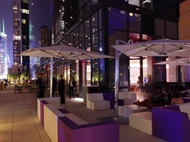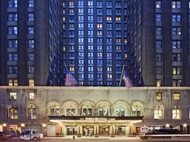Phnom Penh holidays offer a fascinating blend of historical intrigue and contemporary culture. As the capital city of Cambodia, Phnom Penh is a treasure trove of ancient landmarks, bustling markets and rich traditions. You can explore the grandeur of the Royal Palace, delve into the country's heritage at the National Museum, and soak in the serene beauty of Wat Phnom. Read on to discover why holidays to Phnom Penh, Cambodia promise a Southeast Asian adventure you’ll never forget.
History and Culture
Once the heart of the Khmer Empire, Phnom Penh flourished in the 14th century but later endured centuries of turbulence, including French colonisation in the 19th century. The Khmer Rouge era in the 1970s brought immense hardship, but the city has since rebounded with remarkable resilience. Today, Phnom Penh proudly showcases its rich history through landmarks like the Royal Palace and the National Museum, while embracing a vibrant, modern culture. From traditional dance performances to bustling markets and contemporary art galleries, the city offers a unique blend of history and dynamic cultural experiences awaiting your discovery.
Things to Do
- Royal Palace: This is a stunning example of Khmer architecture and a must-visit landmark in Phnom Penh. Constructed in 1866, it’s the official residence of the King of Cambodia. You'll have the opportunity to see the Throne Hall, where royal ceremonies are held, and the Silver Pagoda (Buddhist temple). It’s home to a dazzling collection of statues, including the famed Emerald Buddha.
- National Museum of Cambodia: Located near the Royal Palace, the museum is home to the world’s finest collection of Khmer sculpture and art. The exhibits span from prehistoric times to the post-Angkorian period, showcasing the rich cultural heritage of Cambodia. The building itself is an architectural masterpiece, designed in traditional Khmer style.
- Wat Phnom: This ancient temple is situated on a hill, offering a serene escape from the bustling city below. According to legend, Wat Phnom was built in 1372 to house four Buddha statues discovered by Lady Penh in the Mekong River. The temple complex includes a stunning pagoda, lush gardens, and numerous statues and shrines. It’s a significant historical and religious site in Phnom Penh.
- Central Market (Phsar Thmey): Housed in an impressive Art Deco building, the Central Market is a bustling hub of activity. Inside, you’ll find a vast array of goods, from jewellery and clothing to fresh produce. It’s an excellent place to experience local life, pick up souvenirs, and sample Cambodian street food. While you’ll see electronic items on sale here, buying these aren’t recommended as they are often poor quality and easily break.
- Russian Market (Phsar Toul Tom Poung): This market is famous for its eclectic mix of goods, including handicrafts, antiques and clothing. It also boasts a fantastic selection of street food stalls, offering everything from noodle dishes to fresh fruit shakes.
- Sisowath Quay: This lively riverfront area offers a picturesque setting for a walk along the Tonle Sap River. Lined with restaurants, cafes and shops, Sisowath Quay is a popular spot for both locals and tourists alike. You can devour a dinner with a view, watch the boats on the river, or just relax and people-watch.
- Phnom Tamao Wildlife Rescue Centre: Located about 40km from Phnom Penh, this sanctuary is home to rescued Cambodian wildlife, including tigers, elephants and bears. The centre focuses on conservation and rehabilitation, providing you with an opportunity to learn about and support wildlife protection efforts.
